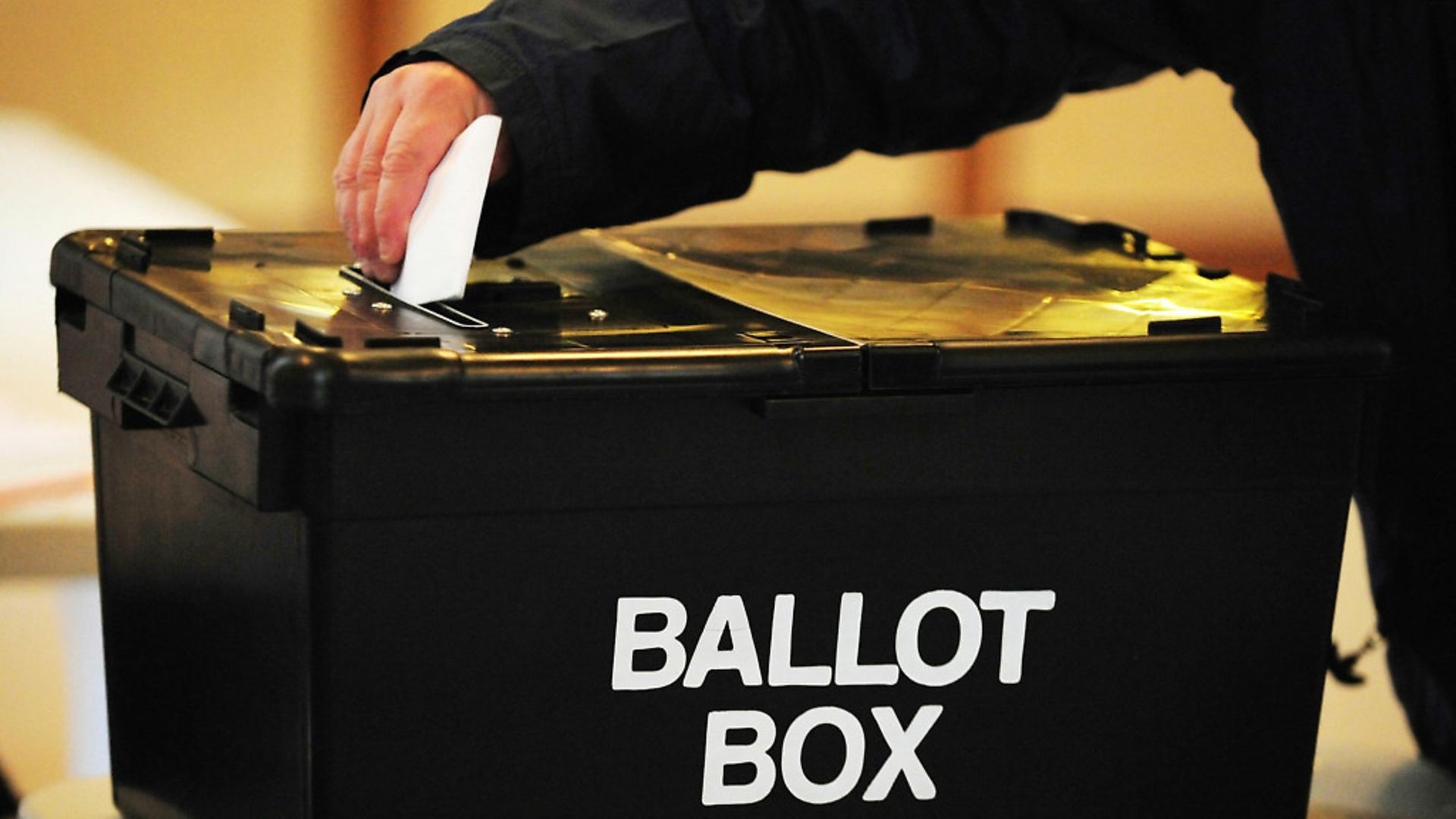
We need to lighten up and stop being scared of changing our voting system, says EMMA JONES. It can’t be worse the iniquities of the current one
It can be tedious – voting for nothing. I’ve never understood how we can elect a council, on a minority of the popular vote.
Up and down the country, voters were denied a local authority that reflected how they voted and robbed of real opposition within their town halls, as the system churned out local authorities dominated by single parties.
In Plymouth, for example, the Conservatives got the most votes – yet Labour won the council; in Westminster, the Conservatives’ narrow lead was translated into a landslide; in my constituency, Greenwich, Labour should be blushing red as they got 48% of the vote and 82% of the seats; and the Greens will be, well, green with envy, because their 12% got them 0% of the seats.
Proportional representation produces coalitions which mean weak government, the first-past-the-posters rage – like those German ones, which have wrecked that country since 1949.
On the other hand, FPTP has delivered administrations like John Major’s and Theresa May’s. Hardly strong and stable.
May has basically created a coalition between her party and the DUP, not by the transparent system of a negotiated and published coalition programme – drawn from both parties’ manifestos – but by a secret system of negotiated payments, drawn on a HM Treasury cheque.
The DUP deal can’t be described as bribe, because that would downplay the blackmail element of it.
So why not adopt a system that would give smaller parties a chance to break through? Does the House of Commons look like the community you live in? Not unless you live in an English village in which a Sunday night murder mystery is set, where a lot of women have been killed off.
I’ve never met anyone as posh as David Cameron, and I’ve never encountered a human like Jacob Rees-Mogg outside the pages of Viz. This is a man who looks like he’s trapped in an episode of the Versailles peace talks.
Most proportional systems (the best ones anyway) require voters to rank their preferences 1, 2, 3 etc. FPTP supporters say that sort of complex algebra may be OK for the Irish Republic, but not for us sophisticated Brits who wield a mean single X with a stubby pencil.
With Brexit looming, we need to modernise our thinking, to adopt a system of voting that engages people in democracy.
Scotland woke up to this in 2007 and adopted a proportional voting system for local elections. Nothing bad happened. Unless you enjoyed how Glasgow had like, 79 councillors, chosen not in elections, but in internal party meetings.
And Northern Ireland has used a fair and proportional system for local elections for decades.
Peace is still kicking off. Wales will soon be giving councils the right to choose.
Isn’t it time that England caught up? Our voting system is bust.
Surely young people, saddled with Brexit – the consequences of which will affect them most – deserve a democracy where their votes aren’t thrown on the electoral scrapheap.
Warning: Illegal string offset 'link_id' in /mnt/storage/stage/www/wp-includes/bookmark.php on line 357
Notice: Trying to get property 'link_id' of non-object in /mnt/storage/stage/www/wp-includes/bookmark.php on line 37






